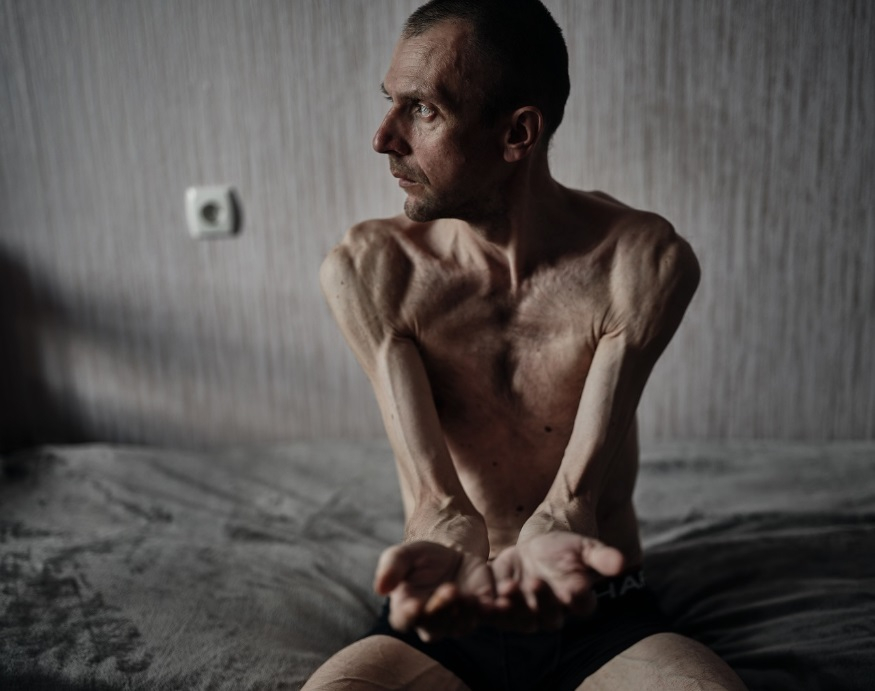“Moscow mechanism” will now investigate Russia’s killings of Ukrainian POWs at request of 41 nations

The world demands the truth. International response to Russia’s brutality is growing stronger, as the Netherlands and 40 other OSCE countries initiate an independent investigation into the torture of Ukrainian prisoners of war.
The Moscow Mechanism launches a mission for truth
The investigation will be conducted under the OSCE’s Moscow Mechanism.
This mechanism a special formal procedure that allows OSCE participating states to establish short-term international expert missions to investigate human rights violations and humanitarian consequences in a specific region.
Systematic crimes of Russia will be documented
Since the start of Russia’s all-out war, this mechanism has been used to document war crimes, the deportation of children, torture of civilians, and widespread human rights violations, reports Ukraine’s Coordination Headquarters for the Treatment of Prisoners of War.
The new investigation will establish facts regarding the torture of Ukrainian POWs, and this evidence will become the basis for convictions in Ukrainian courts, the International Criminal Court, and a tribunal on the crime of aggression against Ukraine.
“He said we deserve genocide”: Journalists unmask Russian “Dr. Evil” torturer of Ukrainian POWs
The goal is justice, not revenge
“The Netherlands and its partner countries are working to uncover the truth and ensure accountability for Russia’s war crimes in Ukraine,” says Dutch Foreign Minister Kaspar Veldkamp.
As noted by Ukraine’s Coordination Headquarters for the Treatment of Prisoners of War, this process is critical to ensuring that no act of cruelty goes unpunished.
Previously, a special OSCE monitoring mission operated in Ukraine to observe the situation during Russia’s 2014 invasion of Donbas. In mid-2022, Moscow blocked the extension of the SMM’s mandate, and the mission ceased operations.
Since then, the OSCE has continued to support Ukraine through other programs, including an extra-budgetary assistance initiative, though without a direct monitoring presence in active combat zones.
Read also
-
Netherlands becomes seventh nation to recognize soviet-era Crimean Tatar deportation as genocide
-
Netherlands pledges € 300 million for Ukraine recovery projects amid Russia’s aggression
-
Germany, Denmark, Netherlands plan to buy US-made Patriots, capable of intercepting Russian ballistic missiles, for Ukraine
-
Netherlands orders 1,000 Ukraine war refugees to leave in four weeks